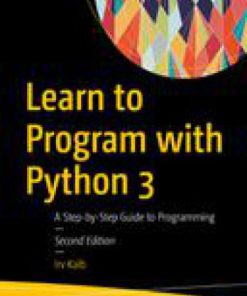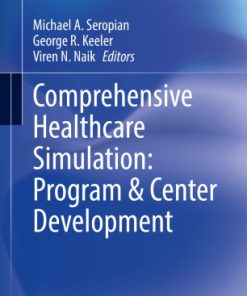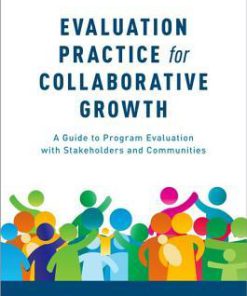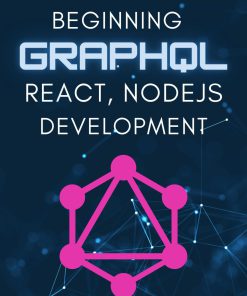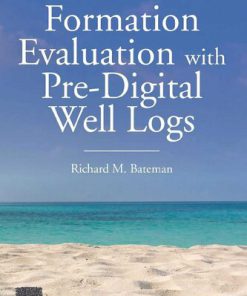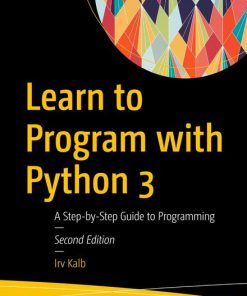Working with Assumptions in International Development Program Evaluation With a Foreword by Michael Bamberger 2nd Edition by Apollo M Nkwake ISBN 3030330036 9783030330033
$50.00 Original price was: $50.00.$25.00Current price is: $25.00.
Working with Assumptions in International Development Program Evaluation With a Foreword by Michael Bamberger 2nd Edition by Apollo M. Nkwake – Ebook PDF Instant Download/Delivery: 3030330036, 9783030330033
Full download Working with Assumptions in International Development Program Evaluation With a Foreword by Michael Bamberger 2nd Edition after payment
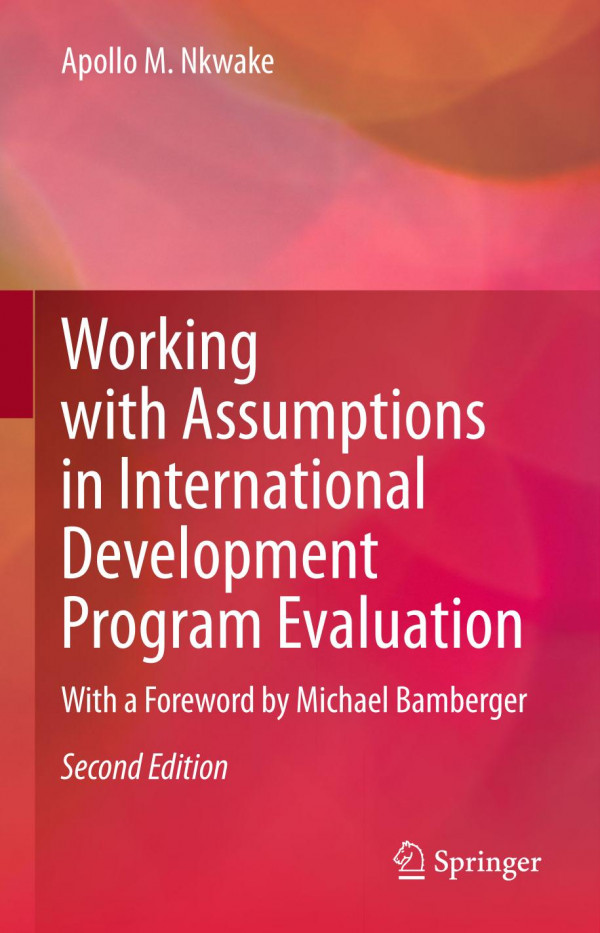
Product details:
ISBN 10: 3030330036
ISBN 13: 9783030330033
Author: Apollo M. Nkwake
This book discusses the crucial place that assumptions hold in conceptualizing, implementing, and evaluating development programs. It suggests simple ways for stakeholders and evaluators to 1) examine their assumptions about program theory and environmental conditions and 2) develop and carry out effective program monitoring and evaluation in light of those assumptions. A survey of evaluators from an international development agency reviewed the state of practice on assumptions-aware evaluation. This 2nd edition has been updated with further illustrations, case studies, and frameworks that have been researched and tested in the years since the first edition.
Regardless of geography or goal, development programs and policies are fueled by a complex network of implicit ideas. Stakeholders may hold assumptions about purposes, outcomes, methodology, and the value of project evaluation and evaluators—which may or may not be shared by the evaluators. A major barrier to viable program evaluations is that development programs are based on assumptions that often are not well articulated. In designing programs, stakeholders often lack clear outlines for how implemented interventions will bring desired changes. This lack of clarity masks critical risks to program success and makes it challenging to evaluate such programs. Methods that have attempted to address this dilemma have been popularized as theory of change or other theory‐based approaches. Often, however, theory-based methods do not sufficiently clarify how program managers or evaluators should work with the assumptions inherent in the connections between the steps. The critical examination of assumptions in evaluation is essential for effective evaluations and evaluative thinking.
“How does one think evaluatively? It all begins with assumptions. Systematically articulating, examining, and testing assumptions is the foundation of evaluative thinking… This book, more than any other, explains how to build a strong foundation for effective interventions and useful evaluation by rigorously working with assumptions.”
—Michael Quinn Patton, PhD. Author of Utilization-Focused Evaluation and co-editor of THOUGHTWORK: Thinking, Action, and the Fate of the World, USA.
“This updated edition presents us with a new opportunity to delve into both the theoretical and practical aspects of paradigmatic, prescriptive, and causal assumptions. We need to learn, and apply these insights with the deep attention they deserve.”
—Zenda Ofir, PhD. Independent Evaluator, Richard von Weizsäcker Fellow, Robert Bosch Academy, Berlin, Germany. Honorary Professor, School of Public Leadership, Stellenbosch University, South Africa.
“This thought-provoking book explains why assumptions are an essential condition within the theories and methodologies of evaluation; and how assumptions influence the ways that evaluators approach their work…It will enrich the ways that evaluators develop their models, devise their methodologies, interpret their data, and interact with their stakeholders.”
—Jonny Morell, Ph.D., President, 4.669… Evaluation and Planning, Editor Emeritus, Evaluation and Program Planning
Table of contents:
Part 1: Introduction
Chapter 1: Working with Assumptions: An Overview
Part 2: Designing and Evaluating Complex Development Programs
Chapter 2: Attributes of Complex Development Programs
Chapter 3: Designing Complex Development Programs
Chapter 4: Evaluating Complex Programs
Part 3: Evaluation Theory and Assumptions
Chapter 5: Theory in Evaluation
Chapter 6: What Are Assumptions?
Chapter 7: Why Are Assumptions Important?
Part 4: Explicating Tacit Program Assumptions
Chapter 8: Diagnostic Assumptions
Chapter 9: Prescriptive Assumptions
Chapter 10: Transformational Assumptions
Part 5: Conclusions
Chapter 11: Evaluating Assumptions
Chapter 12: Challenges of Examining Assumptions
Chapter 13: Case Study: Survey of Assumptions-Aware Evaluation Practice
People also search for:
working with assumptions in international
working with assumptions in international development program evaluation
working with assumptions
working assumptions examples
working assumptions meaning
Tags: Apollo M Nkwake, Working with Assumptions, in International Development, Program Evaluation
You may also like…
Arts - Business of Art
Biology and other natural sciences
Medicine
Comprehensive Healthcare Simulation Program Center Development 1st Edition Michael A. Seropian
Uncategorized
Business & Economics - Project Management
Computers - Programming
Computers - Programming
Learn to Program with Python 3: A Step-by-Step Guide to Programming Irv Kalb
Politics & Philosophy - Social Sciences





